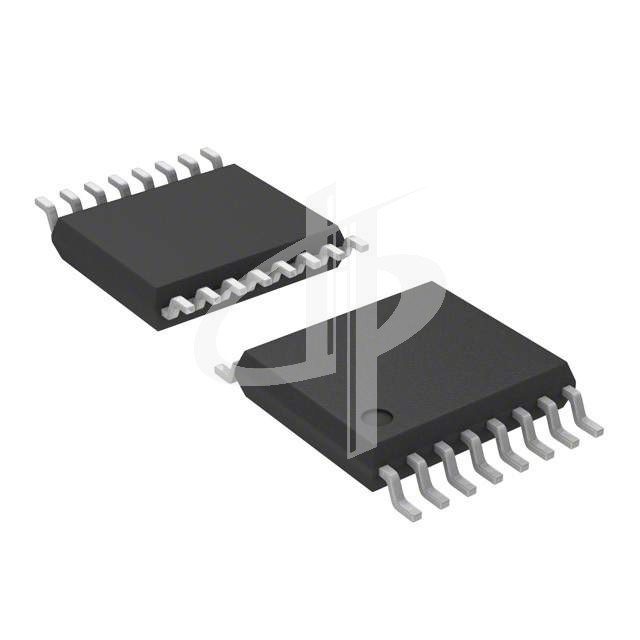The MAX3232CPWE4 is a popular RS-232 transceiver chip manufactured by Texas Instruments. This particular IC is designed to facilitate serial communication between devices, converting signals from RS-232 voltage levels to TTL/CMOS voltage levels. Below are some details on its working principles, functions, and typical applications:
Working Principles:
The MAX3232CPWE4 operates using a combination of charge pumps and line drivers/receivers to convert signals between RS-232 and TTL/CMOS voltage levels. RS-232 typically uses voltage levels of +3 to +15V for logic 0 and -3 to -15V for logic 1, while TTL and CMOS use 0-5V for logic levels. The MAX3232CPWE4 handles the level shifting and signal conversions between these voltage levels.
Functions:
-
Voltage Level Shifting: The primary function of the MAX3232CPWE4 is to shift voltage levels, allowing devices with different voltage requirements to communicate effectively.
-
Integrated Charge Pump: It contains an integrated charge pump, which generates the higher voltage levels required for RS-232 communication from a single lower-voltage supply.
-
RS-232 Signal Conversion: The device is capable of converting RS-232 voltage levels to TTL/CMOS levels and vice versa, enabling seamless communication between devices operating at different voltage standards.
-
ESD Protection: It typically provides electrostatic discharge (ESD) protection on the RS-232 inputs and outputs, ensuring protection against static discharges and other voltage transients.
-
Low Power Consumption: Many such transceivers are designed for low power consumption, making them suitable for portable and low-power applications.
Applications:
-
Serial Communication Interfaces: The MAX3232CPWE4 is widely used in various serial communication interfaces, including interfacing microcontrollers, sensors, or other devices with RS-232 ports.
-
Embedded Systems: It is utilized in embedded systems, including industrial automation, robotics, and control systems, where devices with RS-232 interfaces need to communicate with microcontrollers and other embedded devices.
-
Consumer Electronics: Found in various consumer electronics products, such as set-top boxes, modems, and other devices that require communication with RS-232-based equipment.
-
Data Acquisition Systems: Integrated into data acquisition systems, such as telemetry systems and logging devices, to interface with legacy equipment that utilizes RS-232 communication.
-
Networking Equipment: Used in networking equipment such as routers, switches, and network appliances for management and configuration through RS-232 ports.
-
Instrumentation: Employed in various test and measurement equipment, including oscilloscopes, spectrum analyzers, and data loggers, for integration with RS-232-based devices.
-
Industrial Control Systems: Applied in industrial control and monitoring systems, where legacy equipment often communicates using RS-232 interfaces.
Additional Considerations:
When integrating the MAX3232CPWE4 into a system, considerations should be made for interface compatibility, power supply requirements, and data rate requirements. Another consideration is implementing proper isolation and protection techniques, especially in applications where ESD or voltage transients are a concern. Additionally, proper PCB layout practices, signal integrity considerations, and compatibility with relevant communication protocols should be taken into account to ensure reliable communication and system performance.




